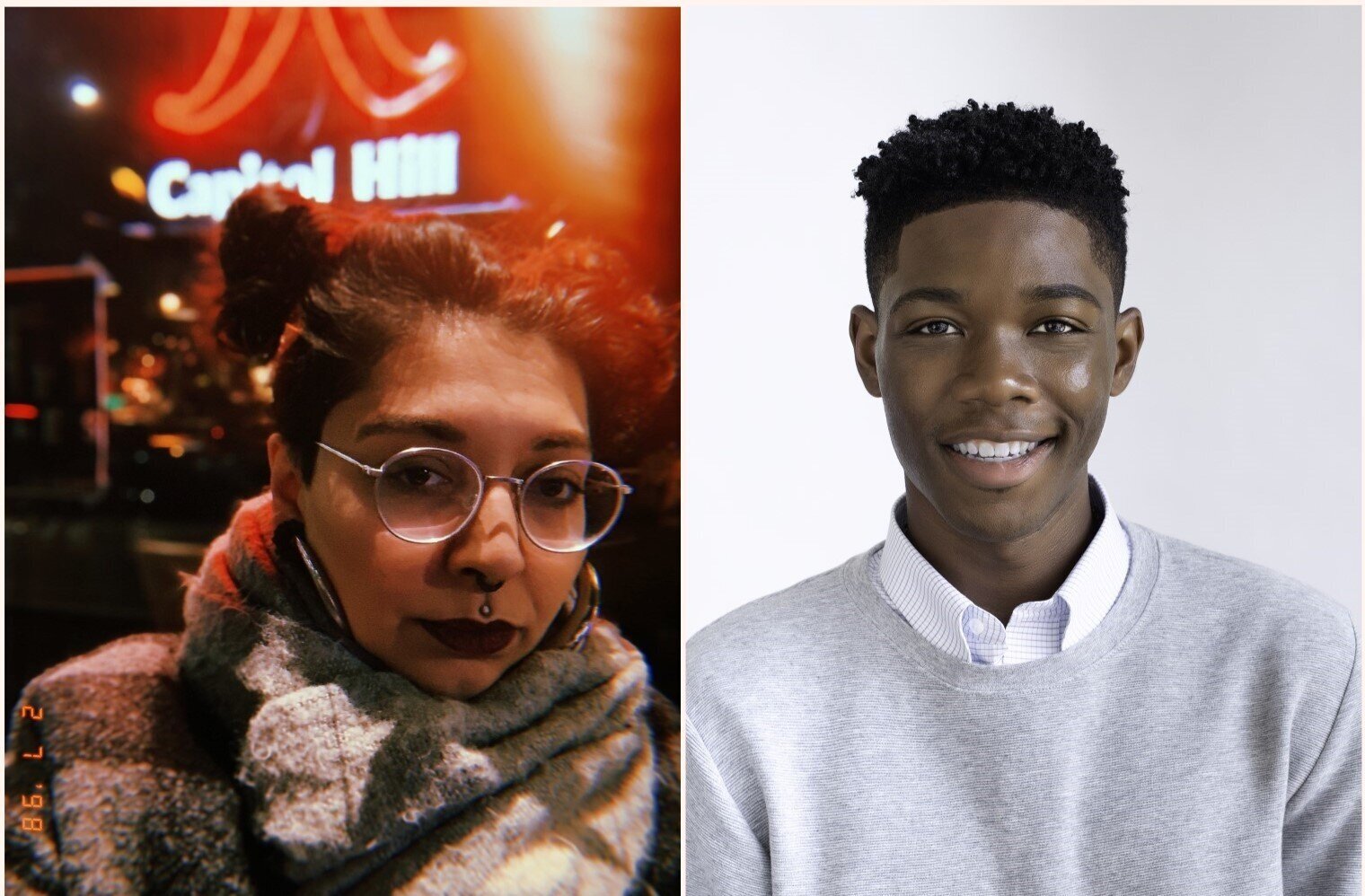In this workshop we will focus on building the foundations for understanding how oppression shows up in systemic and personal life. Building on this foundation, we as oral historians can better continue our growth toward anti-oppression in the future. It is vital we acknowledge we will never be “perfect,” we will always perpetuate harm and it’s important we accept this so we can take responsibility and grow.
In addition, we will focus on how these big concepts of oppression can show up in patterns in daily life, and in our oral history work. As oral historians we are often confronted with concepts of shared authority, trauma informed interviewing, and many other buzzwords to create structures to keep communities and individuals safe.
By the end of this workshop, attendees will: understand the difference between stereotypes, prejudice, discrimination, oppression and internalized oppression - and how they can interact; understand that abuse is an example of white supremacy and that each of us can identify abuse through patterns of behavior. But how does this actually show up? What are ways we can check ourselves so the onus of education is not on the targeted communities we interact with but ourselves and other privileged peers?
Noor Alzamami (they/them) is an oral historian who studied at Columbia University. They describe themself as an arab-american, mentally ill, queer, trans non-binary person with a passion for self-determination and liberation. Prior to attending OHMA (Oral History Masters of Arts) they worked as a facilitator, advocate, sex educator and queer youth programs coordinator.
Kordell KeyAndre (K.K.) Hammond
Sponsored by: OHMA and


